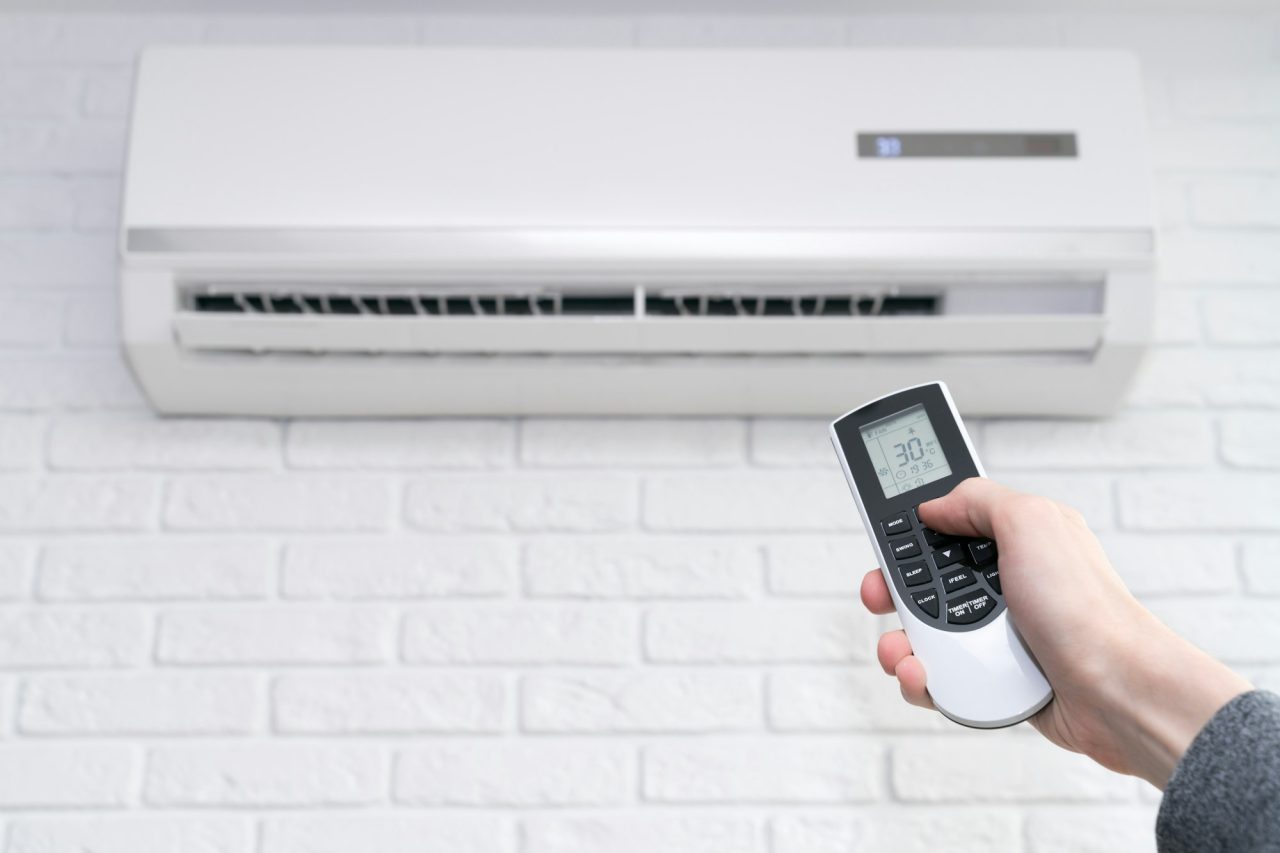Introduction
Maintaining and repairing your HVAC (Heating, Ventilation, and Air Conditioning) system is crucial for ensuring comfort, energy efficiency, and longevity. A well-maintained HVAC system not only reduces the risk of unexpected breakdowns but also helps save energy and maintain indoor air quality. This article provides essential tips for regular HVAC maintenance and repairs to keep your system running smoothly and efficiently.
1. Regular Filter Replacement
Importance of Clean Filters
Filters play a critical role in maintaining indoor air quality and the efficiency of your HVAC system. Dirty or clogged filters can restrict airflow, forcing the system to work harder and consume more energy. This increased strain can lead to costly repairs or even premature system replacement.
When to Replace Filters
It’s recommended to check and replace your HVAC filters every 1 to 3 months, depending on the type of filter and the level of pollutants in your environment. Homes with pets or individuals with allergies may require more frequent filter changes.
2. Schedule Seasonal Maintenance
Benefits of Seasonal Check-Ups
Regular seasonal maintenance ensures that your HVAC system operates efficiently year-round. It involves thorough inspections, cleaning, and necessary adjustments by a professional technician. This proactive approach helps identify potential issues before they escalate into major problems.
Ideal Times for Maintenance
The best times for HVAC maintenance are:
- Spring: Before the cooling season starts
- Fall: Before the heating season begins
Scheduling maintenance during these periods ensures your system is prepared to handle the demands of the upcoming season.
3. Clean Coils and Condenser Units
Impact on System Efficiency
Over time, the evaporator and condenser coils of your HVAC system can accumulate dirt and debris. This buildup reduces their ability to absorb and release heat, leading to increased energy consumption and poor performance.
Cleaning Procedure
- Turn off the power to the unit.
- Remove any debris from the coils and surrounding area.
- Gently clean the coils using a soft brush or cloth.
- For a more thorough cleaning, consider hiring a professional technician.
4. Check and Seal Ductwork
Importance of Sealed Ducts
Leaky or poorly insulated ducts can result in significant energy losses, reducing the overall efficiency of your HVAC system. Properly sealed and insulated ducts improve airflow and help maintain consistent temperatures throughout your home.
How to Inspect Ducts
- Inspect your ductwork for visible leaks or damage.
- Use mastic sealant or metal tape to seal any gaps or joints.
- Ensure ducts in unconditioned spaces, such as attics or basements, are properly insulated.
5. Monitor Thermostat Settings
Efficient Thermostat Usage
Proper thermostat settings can significantly impact your HVAC system’s energy efficiency. Using a programmable thermostat allows you to set different temperatures for various times of the day, reducing energy consumption when heating or cooling is not needed.
Optimal Temperature Settings
- Cooling Season: Set your thermostat to 78°F (26°C) when you are home and higher when you are away.
- Heating Season: Set it to 68°F (20°C) when you are home and lower when you are away or asleep.
6. Keep Vents and Registers Clean and Unobstructed
Ensuring Proper Airflow
Blocked or dirty vents and registers can restrict airflow, causing your HVAC system to work harder and less efficiently. Ensuring proper airflow improves system performance and energy efficiency.
Cleaning Tips
- Use a vacuum with a brush attachment to remove dust and debris from vents and registers.
- For a deeper clean, remove the vent covers and wash them with warm, soapy water.
7. Inspect and Maintain the Condensate Drain Line
Preventing Water Damage
The condensate drain line removes moisture collected by your HVAC system. If it becomes clogged, it can cause water damage and affect system performance.
Cleaning the Drain Line
- Inspect the drain line regularly.
- Clean it using a mixture of bleach and water to prevent algae and mold buildup.
- Flush the line with this solution to maintain a clear pathway for moisture removal.
8. Listen for Unusual Noises
Early Detection of Issues
Unusual noises from your HVAC system can indicate underlying problems. Addressing these sounds early can prevent minor issues from escalating into costly repairs.
Common Noises and Their Causes
- Banging or Clanking: Loose or broken parts
- Squealing: Issues with belts or motor bearings
- Humming: Potential electrical problems or fan motor issues
If you hear any unusual noises, contact a professional technician for an inspection and repair.
9. Test System Controls
Ensuring Proper Functionality
Regularly testing your HVAC system controls ensures it starts, operates, and shuts off correctly. This includes checking the thermostat, circuit breakers, and safety controls.
Testing Procedure
- Set the thermostat to initiate a heating or cooling cycle.
- Observe the system’s response to ensure it operates smoothly without irregularities.
- If any issues arise, contact a professional technician for further assessment.
10. Keep the Outdoor Unit Clear
Maintaining Proper Airflow
The outdoor unit of your HVAC system requires sufficient airflow to operate efficiently. Overgrown vegetation, leaves, and debris can obstruct airflow and reduce system performance.
Maintenance Tips
- Keep a clearance of at least two feet around the outdoor unit.
- Regularly remove debris and trim back any plants or bushes near the unit.
- Ensure the outdoor unit is level to prevent operational issues.
Conclusion
Regular maintenance and timely repairs are essential for the efficient operation and longevity of your HVAC system. By following these tips, you can ensure that your system runs smoothly, reduces energy consumption, and provides a comfortable indoor environment year-round. While some maintenance tasks can be performed by homeowners, it’s always best to schedule professional inspections and servicing to keep your HVAC system in top condition.






